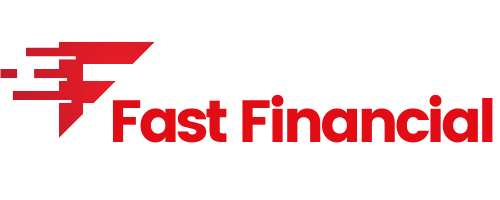FHA Loan vs. Conventional: Which Mortgage is Right for You?
If you’re planning to buy a home, you’re probably wondering about the best way to finance it. Two popular options are FHA loans and conventional loans. But which one is right for you? In this article, we’ll explore the key differences between these two types of mortgages so you can make an informed decision.
FHA loans are backed by the Federal Housing Administration, while conventional loans are not. FHA loans are designed to help people with lower credit scores and smaller down payments qualify for a mortgage, while conventional loans are typically geared towards borrowers with higher credit scores and larger down payments. However, there are pros and cons to each type of loan, and the right choice will depend on your individual circumstances.
In the following paragraphs, we’ll delve into the details of each type of loan, including their eligibility requirements, interest rates, fees, and more. We’ll also provide some tips on how to choose the best mortgage for your needs. By the end of this article, you should have a better understanding of FHA loans vs. conventional loans and be better equipped to make a decision that’s right for you.
FHA Loan
If you’re a first-time homebuyer or have a lower credit score, an FHA loan might be a good option for you. In this section, we’ll cover what an FHA loan is, the benefits of an FHA loan, and the drawbacks of an FHA loan.
What is an FHA Loan?
An FHA loan is a mortgage loan that is insured by the Federal Housing Administration (FHA). This means that if you default on the loan, the FHA will pay the lender the remaining balance of the loan. Because of this insurance, lenders are more willing to lend to borrowers with lower credit scores or smaller down payments.
To qualify for an FHA loan, you’ll need to meet certain requirements, such as having a minimum credit score of 580 and a down payment of at least 3.5% of the purchase price of the home.
Benefits of an FHA Loan
One of the biggest benefits of an FHA loan is that you can qualify for a loan with a lower credit score than you would need for a conventional loan. Additionally, FHA loans have more flexible underwriting guidelines, which means that you may be able to qualify for a larger loan amount than you would with a conventional loan.
Another benefit of an FHA loan is that you can put down a smaller down payment than you would need for a conventional loan. With an FHA loan, you can put down as little as 3.5% of the purchase price of the home.
Drawbacks of an FHA Loan
One of the drawbacks of an FHA loan is that you’ll need to pay mortgage insurance premiums (MIP) for the life of the loan. This can add up to a significant amount of money over time.
Another drawback of an FHA loan is that there are limits on the amount of money you can borrow. These limits vary by county and are based on the median home price in the area.
Finally, if you have a higher credit score and can afford a larger down payment, you may be able to get a better interest rate with a conventional loan than you would with an FHA loan.
Overall, an FHA loan can be a good option for borrowers with lower credit scores or smaller down payments. However, it’s important to weigh the benefits and drawbacks of an FHA loan before deciding if it’s the right choice for you.
